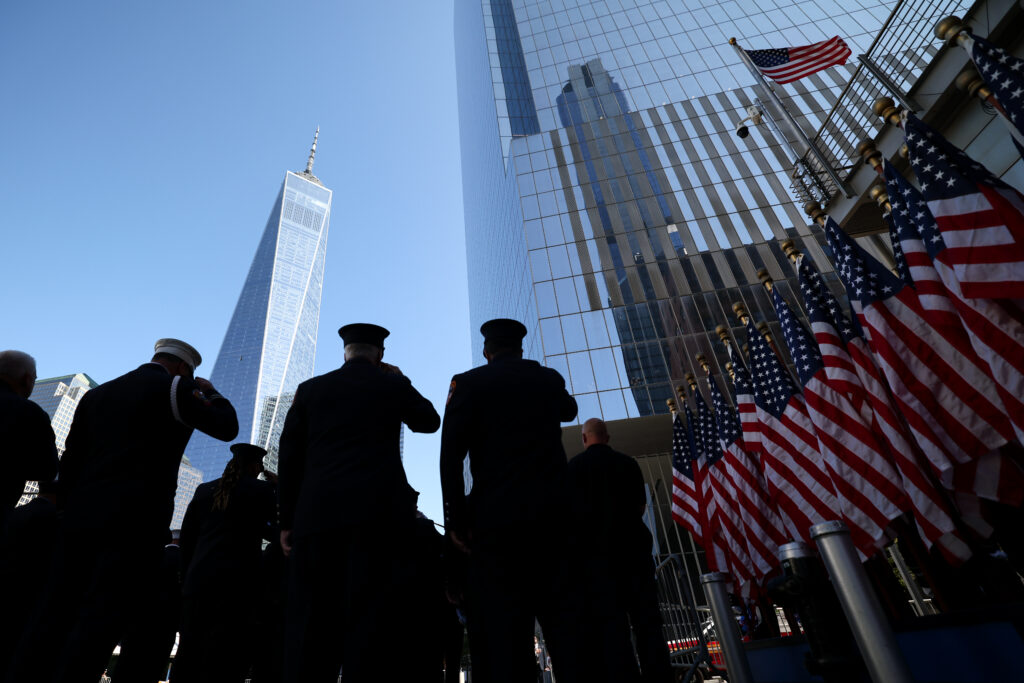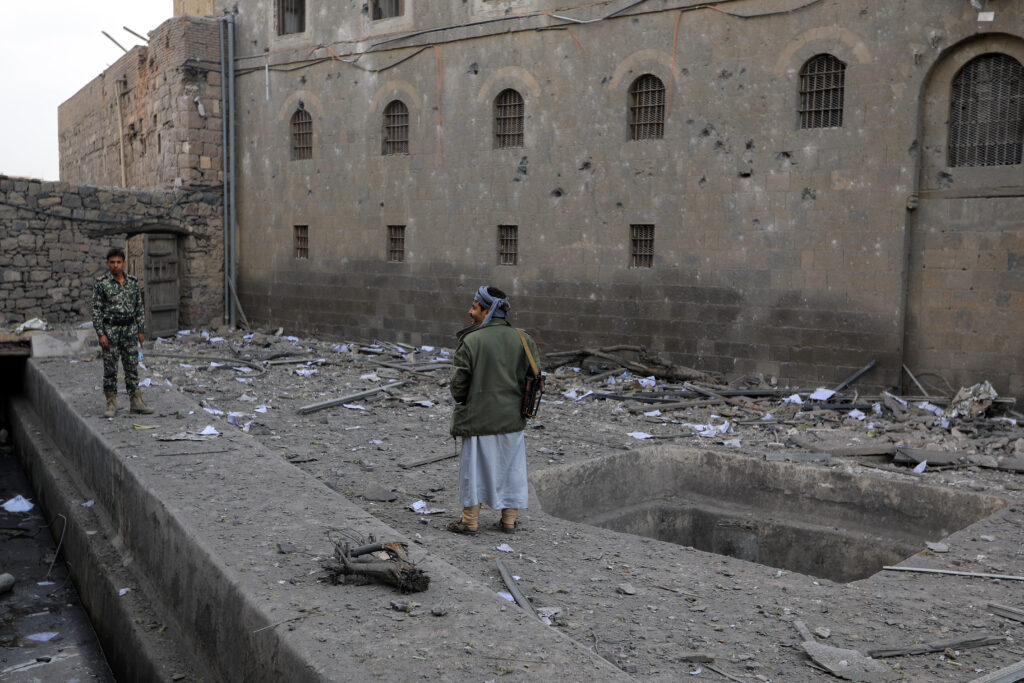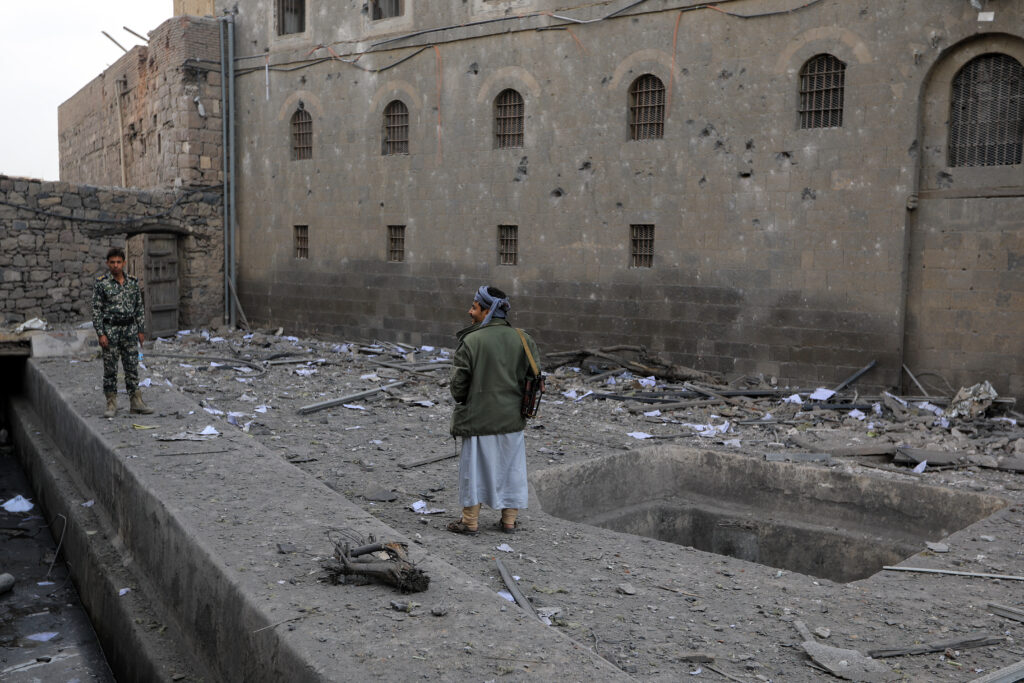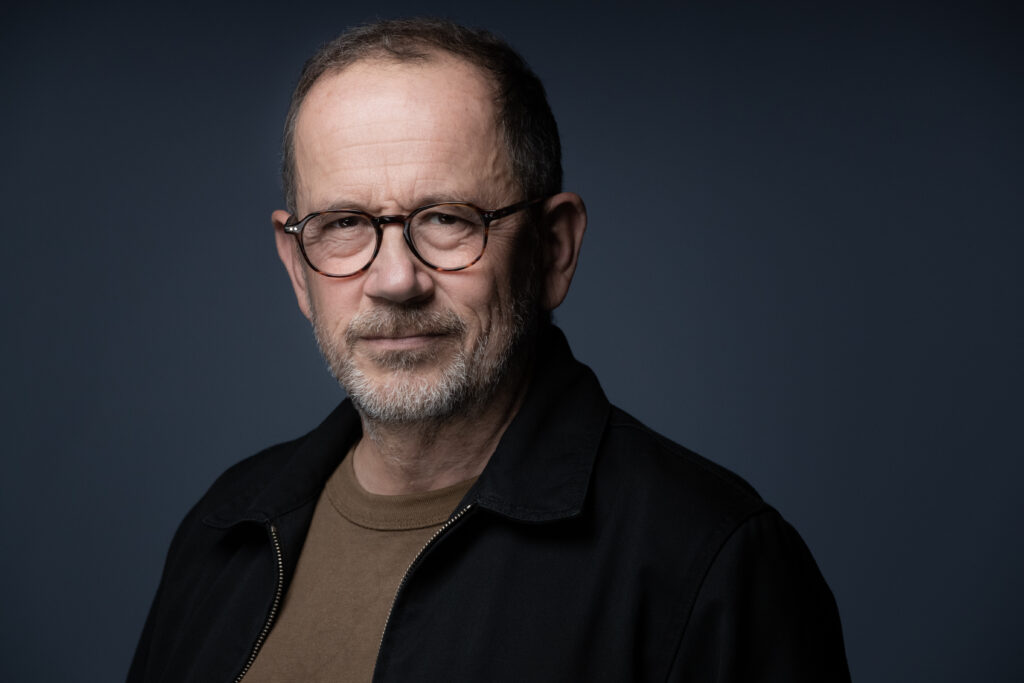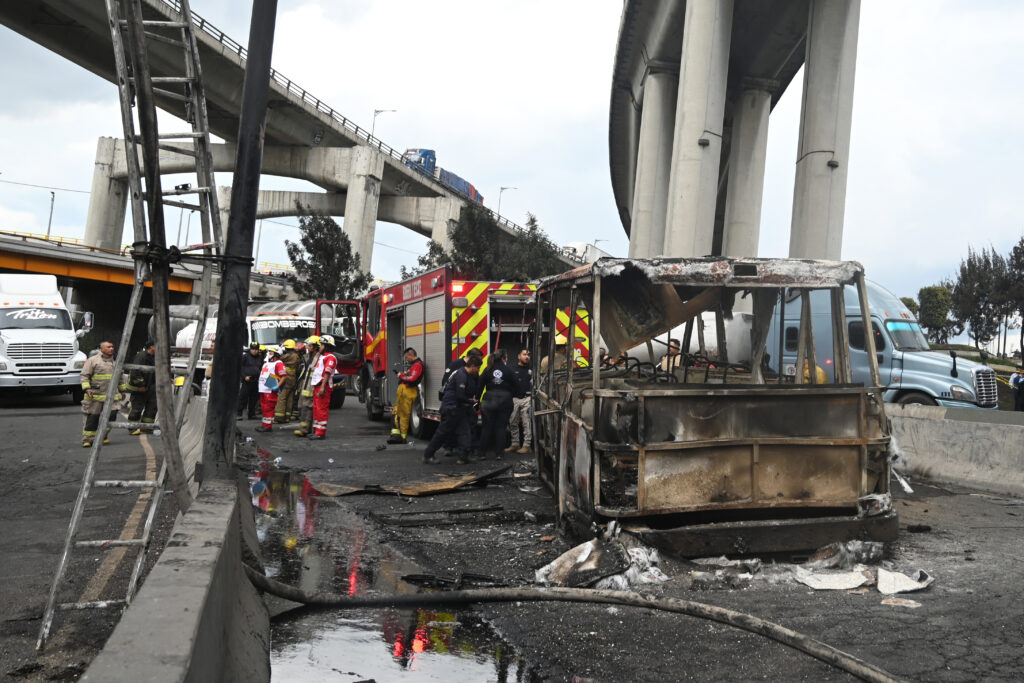La mort de Charlie Kirk s’invite aux commémorations du 11-Septembre
Les commémorations du 11-Septembre 2001, un anniversaire traditionnellement très consensuel et transpartisan, ont servi de cadre jeudi à un hommage appuyé de Donald Trump et de ses ministres à l’influenceur de la droite radicale Charlie Kirk, assassiné la veille.Le porte-drapeau de la jeunesse trumpiste était un “géant de sa génération” et un “champion de la liberté”, a dit Donald Trump pendant une cérémonie au Pentagone, l’un des lieux frappés il y a 24 ans dans ces attaques qui ont changé la face des Etats-Unis et du monde.Le président américain a annoncé qu’il remettrait “bientôt” à Charlie Kirk, à titre posthume, la plus haute distinction civile américaine, la médaille présidentielle de la Liberté.”La vie, l’exemple et même la mort de Charlie Kirk, un fidèle du Christ et un patriote américain, me donnent de l’espoir”, a dit le ministre de la Défense Pete Hegseth, pendant la cérémonie au Pentagone.Attendu initialement à New York, le vice-président JD Vance a décidé d’annuler son voyage pour se rendre dans l’Utah (ouest) auprès de la famille endeuillée du jeune influenceur. Donald Trump sera lui dans la ville de la côte est dans la soirée, pour un match de baseball.Pendant ce temps à Ground Zero, là où se dressaient autrefois les tours jumelles du World Trade Center, des proches des quelque 3.000 victimes du drame ont procédé comme chaque année à la longue lecture des noms de tous les morts.Plusieurs candidats à la mairie de New York ont pris place parmi les responsables aux côtés notamment de Rudy Giuliani, qui dirigeait la ville pendant les attentats, le torse ceint d’un corset – il a récemment été blessé dans un grave accident de la circulation.La cérémonie est l’occasion d’une courte trêve dans l’âpre bataille en cours pour la mairie. Il y a deux jours, l’ex-gouverneur démocrate Andrew Cuomo, qui concourt en indépendant, a reproché à son principal rival Zohran Mamdani – également démocrate, mais investi par leur parti – d’avoir accordé une interview à un streamer star de la gauche radicale, Hasan Piker, lequel avait déclaré en 2019 que “les Etats-Unis ont mérité le 11-Septembre”.Pour l’équipe Cuomo, cette proximité est une “honte” et constitue la preuve que “Mamdani ne mérite pas d’être maire”.- Le maire en difficulté -“Suggérer que Zohran Mamdani – qui est sur le point de devenir le premier maire musulman de New York – a d’une manière ou d’une autre soutenu le 11-Septembre” est “infâme” et “dangereux”, a réagi l’équipe de campagne du jeune candidat.Zohran Mamadani, élu de 33 ans au conseil municipal de New York et “socialiste” revendiqué, fait toujours la course largement tête dans les sondages. Une récente enquête de l’université Siena pour le New York Times lui attribue 46% d’intentions de vote, contre 24% pour Andrew Cuomo et 15% pour le républicain Curtis Sliwa. Le maire sortant Eric Adams, un démocrate aux prises avec des accusations de corruption, est désormais dans les limbes, crédité de moins de 10% des votes.Plusieurs médias ont fait état de tractations entre lui et l’administration Trump pour un éventuel poste en échange d’un retrait de la course. Ce que l’intéressé a jusqu’à présent démenti, mais qui rebattrait singulièrement les cartes.Eric Adams a lui aussi fait le lien jeudi entre le 11-Septembre et l’assassinat du jeune influenceur trumpiste: “C’est la même haine qui a poussé deux avions à percuter le World Trade Center et qui a transpercé Charlie Kirk d’une balle dans le cou (…) C’était un acte terroriste”.Le 11 septembre 2001, les Etats-Unis ont été la cible de quatre attentats-suicides coordonnés, perpétrés par 19 membres du groupe islamiste Al-Qaïda, dirigé par Oussama ben Laden.A New York, deux avions de ligne détournés se sont écrasés volontairement contre les tours jumelles du World Trade Center, provoquant leur effondrement en moins de deux heures et la mort de milliers de personnes.Dans la soirée de jeudi, deux faisceaux de lumière s’élèveront dans le ciel pour symboliser les tours jumelles, illuminant le sud de Manhattan jusqu’à l’aube.

